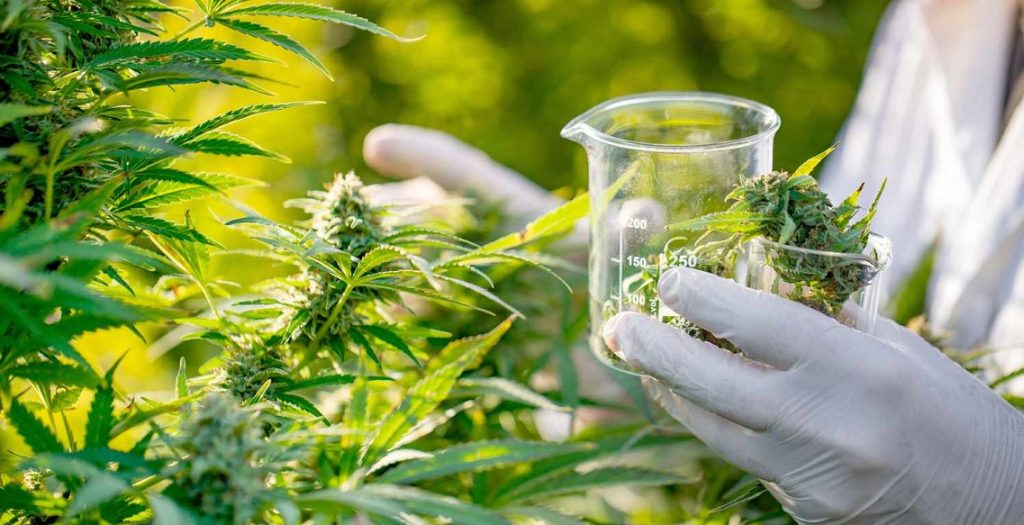
Cannabis helping people with hepatitis C
Hepatitis C kills over 15,000 people in the U.S. every year, and whilst there is no vaccine currently available, there is new hope in nanoparticle technology. More tests need to be carried out and the current treatment for hepatitis C still involves interferon medication. Its side effects can induce flu-like symptoms, fatigue, insomnia, loss of appetite, nausea, muscle or joint pain, and depression. According to a report published in the October 2006 European Journal of Gastroenterology and Hepatology, a Northern California study involving 71 participants demonstrated that moderate cannabis use may relieve interferon’s side effects, helping people with hepatitis C stick with the full treatment regimen. Researchers state that cannabis’s influence on hepatitis C is due to side-effect management, rather than an antiviral effect. Lead researcher Diana Sylvestre, MD, of the University of California at San Francisco emphasized that the benefit was primarily due to improved ability to stay on adequate doses of interferon and/or ribavirin.
Herpes. Regular cannabis use reduces the frequency of attacks.
Herpes simplex is a viral disease from the herpesviral family caused by both herpes simplex virus type 1 (HSV-1) and type 2 (HSV-2). The infection causes small, painful recurring blisters and inflammation, most commonly at the junction of skin and mucous membranes in the mouth, nose, or genitals. THC has been shown to have a beneficial effect when used in the treatment of herpes. A topical application reduces the healing time of blisters and regular cannabis use reduces the frequency of attacks.
Cannabis use will actually cause blood pressure to lower.
High blood pressure can adversely affect the rate at which the heart works and is very destructive to the body. Poor sleeping patterns, diet, stress, and overuse of alcohol can all contribute to an increase in blood pressure and cannabis use is helpful in relieving many of the causes of high blood pressure. Abnormally high blood pressure is known as hypertension and generally affects middle-aged men. However, most of us are going to suffer from cardiovascular disease at some point, as it is the number one cause of death in both men and women. Preliminary studies show that cannabinoids can lower blood pressure by dilating the blood vessels. This is despite cannabis use initially speeding up the heart rate in some users, thereby increasing blood pressure. However, for patients suffering from orthostatic hypertension or postural hypertension (a medical condition consisting of a sudden increase in blood pressure when a person stands up), cannabis use will actually cause blood pressure to lower.